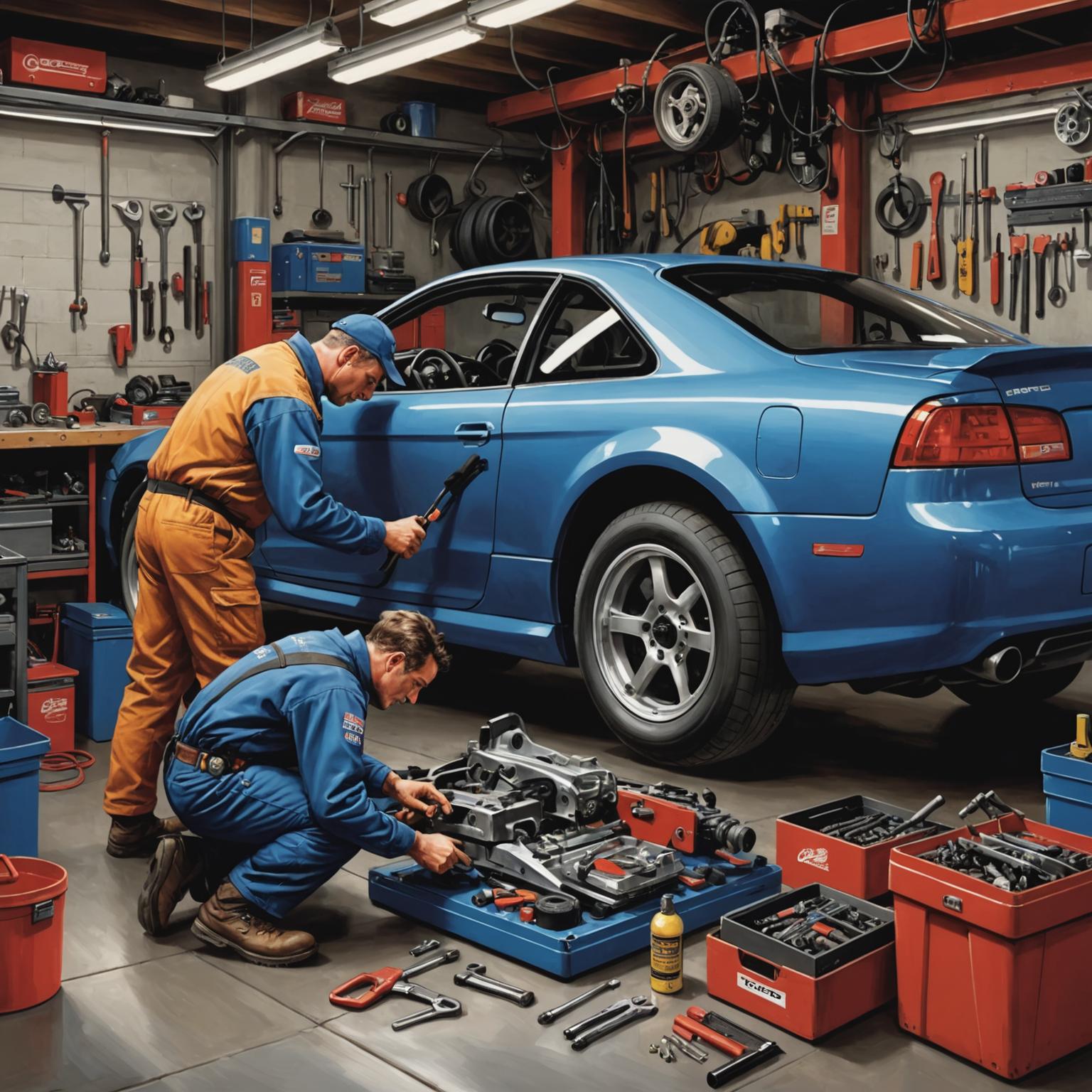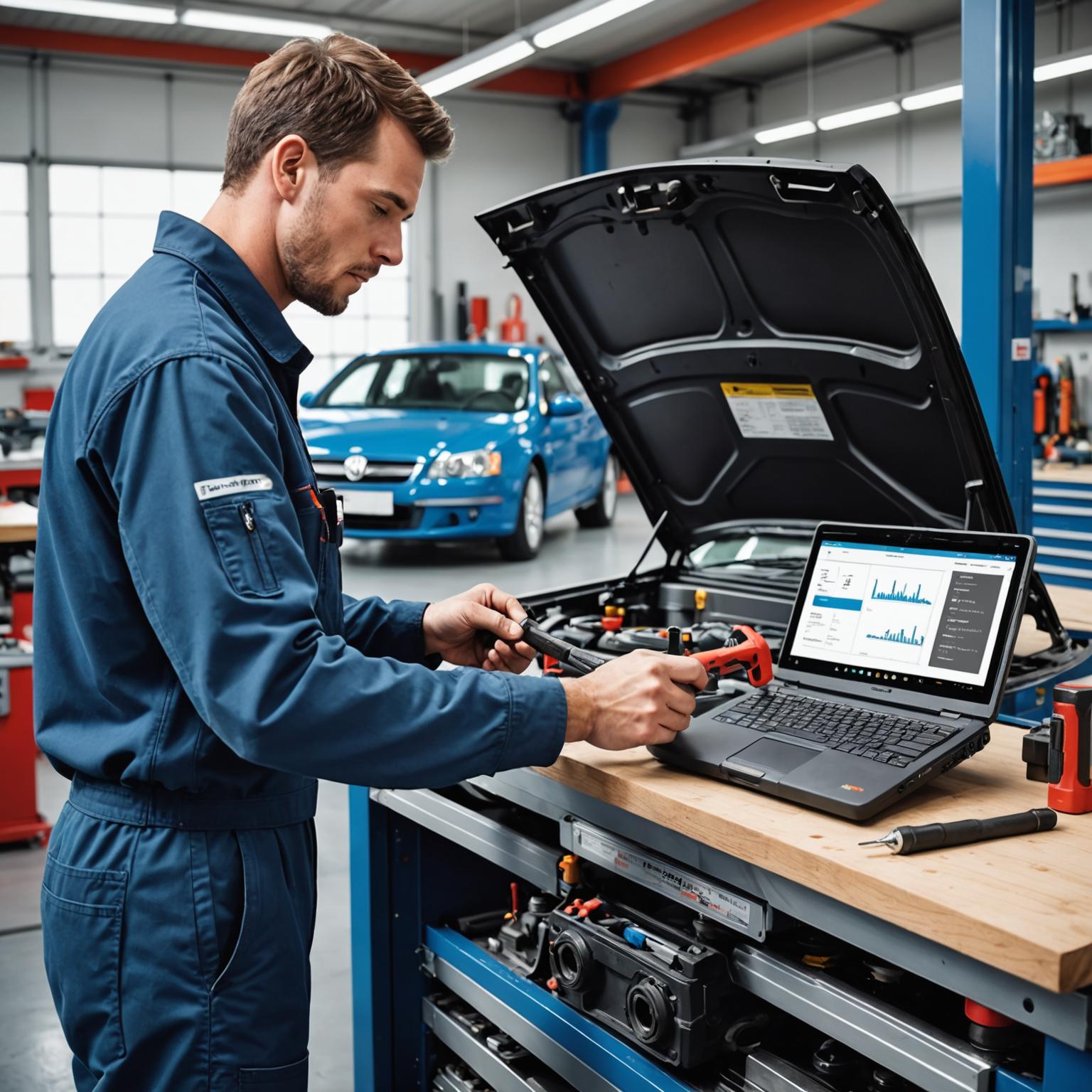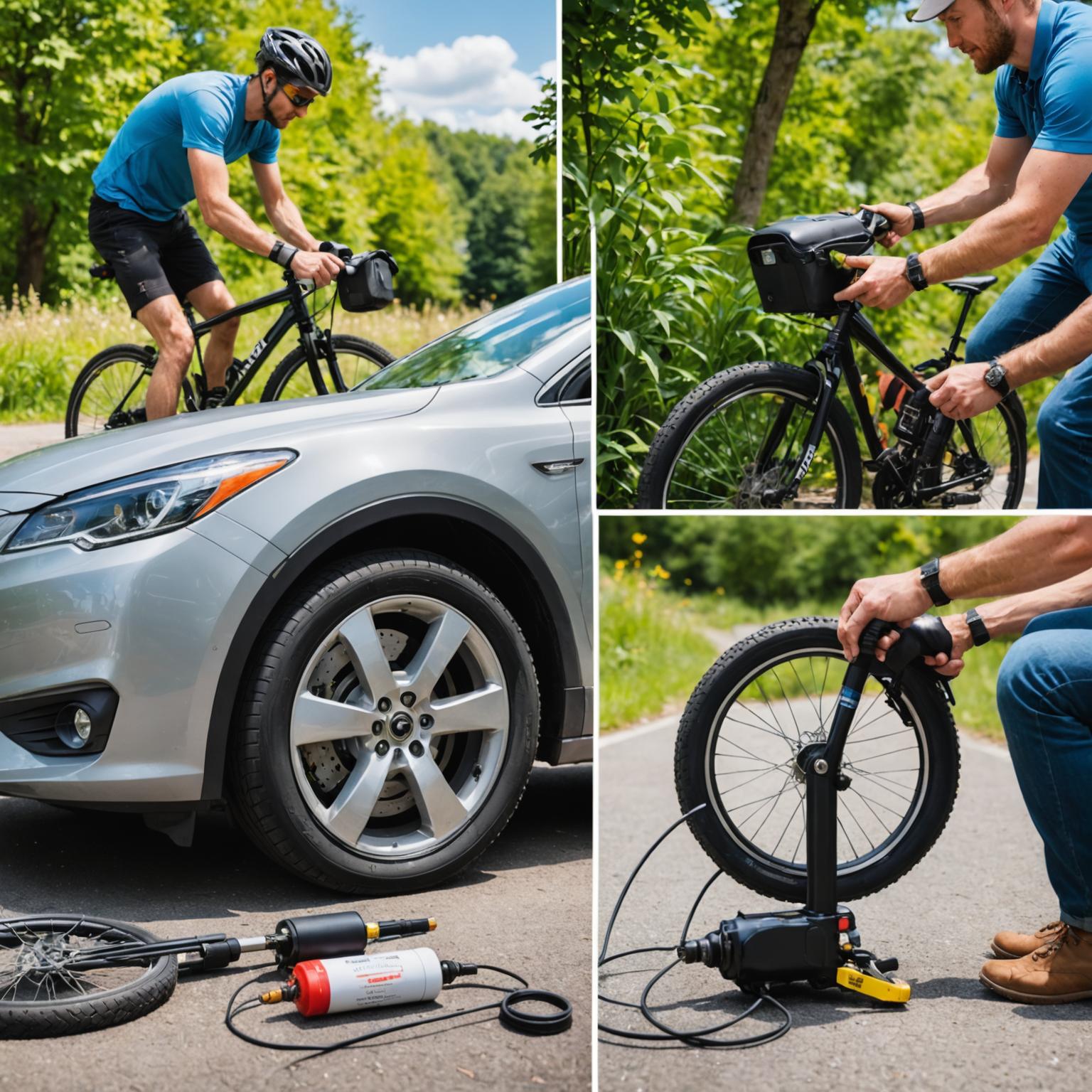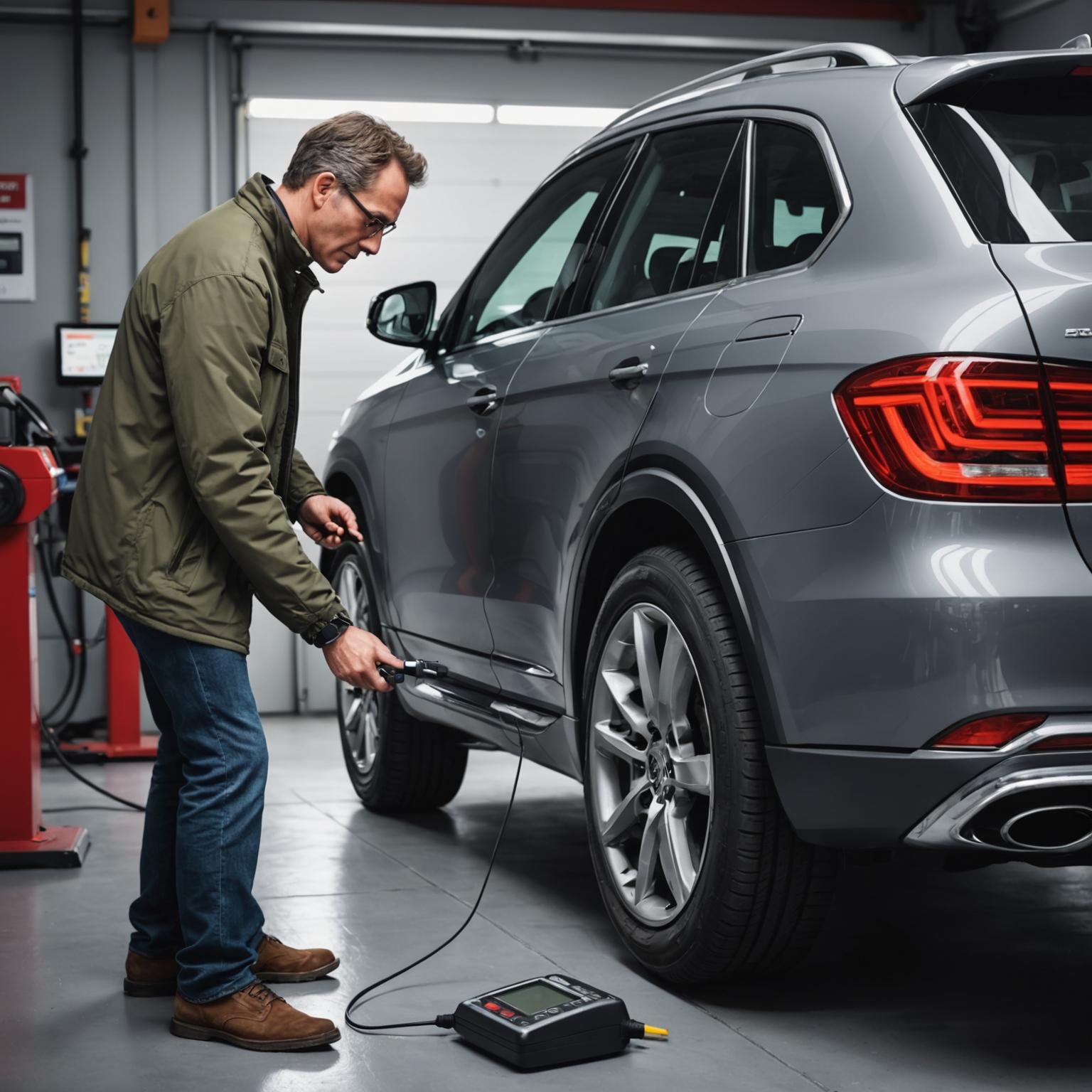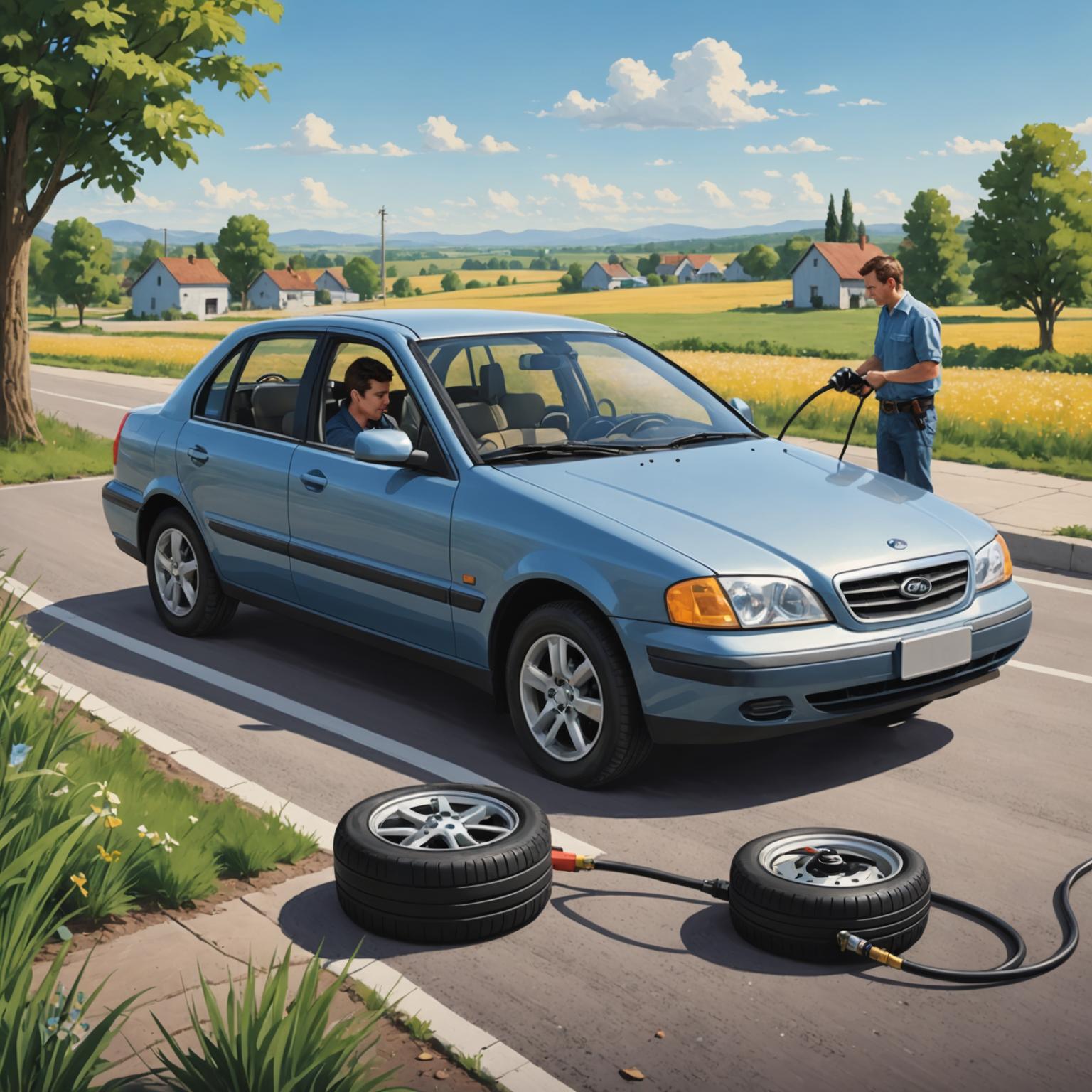Tire inflator is an essential tool for every vehicle owner, ensuring that your tires are always at the optimal pressure for safety and performance. This device helps maintain proper tire pressure, which can prevent blowouts, improve fuel efficiency, and extend the life of your tires. In this guide, we'll explore everything you need to know about tire inflators, from types to selection and usage, making it easier for you to handle your vehicle's maintenance needs.
Understanding Different Types of Tire Inflators
When it comes to tire inflator options, there are several variations to consider, each designed for specific uses and preferences. A tire inflator gauge is a key component that measures the air pressure in your tires accurately, allowing you to add air as needed. For instance, a digital tire inflator offers precise readings through an electronic display, making it ideal for modern vehicles where exact measurements matter. On the other hand, an analog tire inflator gauge provides a more traditional approach with a mechanical dial, which is often more durable and reliable in rugged conditions. Understanding these differences can help you pick the right one based on your driving habits. For example, if you're frequently on the road, a digital tire inflator might be best due to its ease of use and accuracy. Remember, a tire pressure gauge, which is often integrated into these inflators, ensures you're not over or under-inflating, promoting safer drives.
How to Choose the Best Tire Inflator
Selecting the best tire inflator involves evaluating several factors to match your needs and budget. Start by considering the power source; many models are portable and can be plugged into your car's cigarette lighter, while others might require a battery or compressor. If you're looking for the best tire inflator on the market, prioritize features like auto-shutoff, which prevents over-inflation, and compatibility with various tire sizes. A digital tire inflator stands out for its user-friendly interface, displaying pressure in real-time, whereas an analog tire inflator gauge appeals to those who prefer simplicity and don't need digital features. Additionally, check for durability and build quality, as a reliable tire inflator gauge will withstand frequent use. Compare models based on customer reviews and ratings to ensure you're getting a product that offers good value. By focusing on these aspects, you can make an informed decision that enhances your vehicle's maintenance routine.
Step-by-Step Guide to Using a Tire Inflator
Using a tire inflator is straightforward once you know the steps, but following them carefully ensures safety and effectiveness. First, park your vehicle on a flat surface and turn off the engine to avoid any accidents. Next, locate the tire valve stem, which is where you'll connect the inflator. Attach the hose of your tire inflator to the valve stem, making sure it's securely fastened to prevent air leaks. If you're using a digital tire inflator, set the desired pressure level on the device before starting. Begin inflating the tire by turning on the inflator, and monitor the pressure using the built-in tire inflator gauge. Once the tire reaches the recommended pressure, as indicated in your vehicle's manual, stop the inflation process immediately. For an analog tire inflator gauge, you'll need to check the dial manually and stop when the needle hits the correct mark. After inflating, remove the hose carefully to avoid letting air escape, and repeat the process for each tire. This step-by-step approach not only maintains proper tire pressure but also helps in extending the lifespan of your tires.
Maintenance and Safety Tips for Tire Inflators
To get the most out of your tire inflator, regular maintenance is crucial for ensuring it functions properly over time. Always store your inflator in a cool, dry place to prevent damage from moisture or extreme temperatures, which can affect the accuracy of a tire inflator gauge. Clean the device after each use to remove any dirt or debris that might clog the hose or valve connections. It's also wise to calibrate your digital tire inflator periodically to maintain precise readings, as inaccuracies could lead to under-inflation or over-inflation issues. When it comes to safety, never inflate tires beyond the recommended pressure, as this can cause them to burst. Always wear protective gloves when handling the inflator to avoid injury from hot components. Additionally, keep children away from the area during inflation to prevent accidents. By adhering to these maintenance and safety tips, you'll ensure that your tire inflator remains a reliable tool for years.
Advanced Tips and Troubleshooting Common Issues
If you encounter problems with your tire inflator, knowing how to troubleshoot can save you time and money. For example, if your digital tire inflator isn't turning on, check the power source and connections first, as a loose plug could be the culprit. In cases where the tire inflator gauge shows inconsistent readings, it might need recalibration; refer to the manufacturer's instructions for guidance. Another common issue is slow inflation, which could be due to a partially blocked hose; inspect and clean it thoroughly. When selecting the best tire inflator, look for models with warranty coverage to handle such issues easily. Furthermore, integrate your tire pressure gauge checks into your routine vehicle maintenance schedule, perhaps every month or before long trips, to catch problems early. By mastering these advanced tips, you'll enhance your overall experience with tire maintenance and ensure your vehicle stays in top condition.
In conclusion, investing in a quality tire inflator and understanding how to use it effectively can make a significant difference in your driving experience. From selecting the right type to following proper usage guidelines, this guide covers the essentials to keep your tires in optimal condition. Regular checks with a tire inflator gauge will not only improve safety but also contribute to better fuel economy and reduced wear. Make tire inflator a part of your routine to enjoy smoother, more efficient drives.

